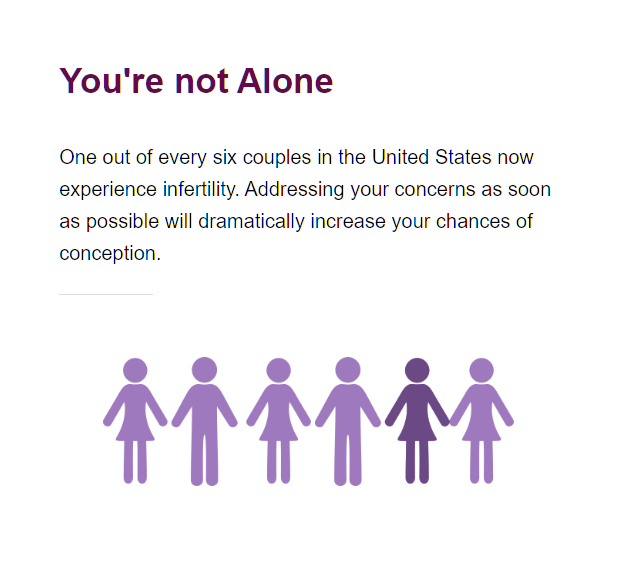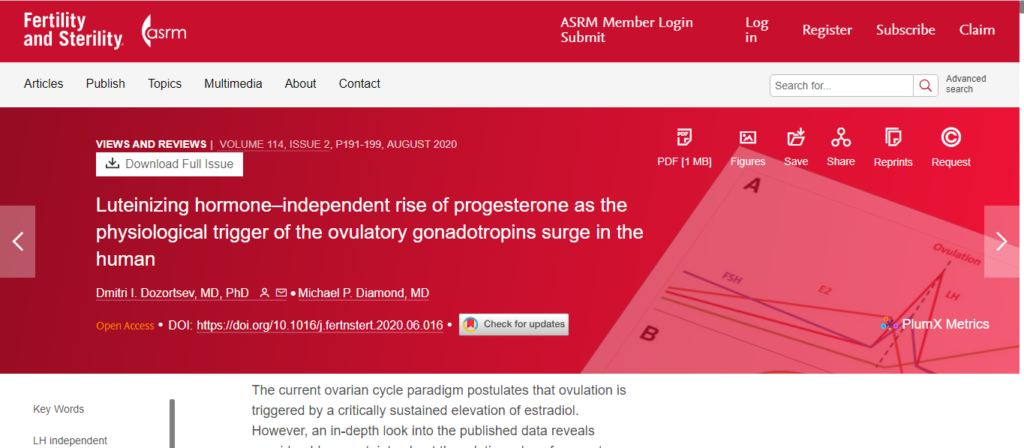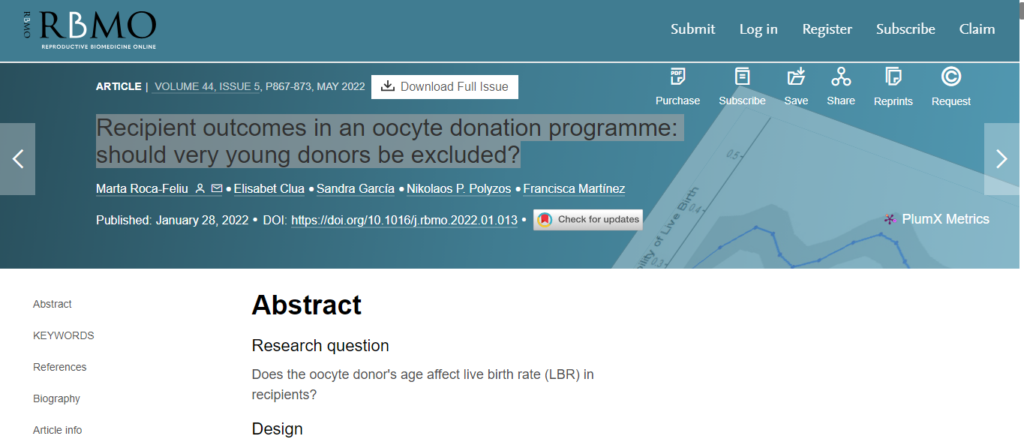Don't wait too long to get the answers you need.
Infertility affects 1 in 6 couples, and waiting too long to get help from a fertility specialist can make treatment more difficult and time-sensitive. At Advanced Fertility Center of Texas (AFCT), your trusted fertility specialist in Houston, TX, we believe in early evaluation so you can save time, reduce stress, and improve your chances of success. Whether you're just starting to try or have been on this journey for a while, we're here to guide you step by step.
UNDERSTANDING FERTILITY
If you're unsure when to see a fertility specialist, understanding these facts can help you make timely, informed decisions about your next steps.


FERTILITY GUIDANCE
Fertility challenges can affect both partners, and early evaluation helps you make informed decisions. Here's when to see a fertility specialist or infertility specialist for expert guidance:
If you're searching for when to see a fertility specialist in Houston TX, these guidelines are a helpful place to start.
WHEN TO SEEK HELP
Early intervention can make all the difference

If you're experiencing any of these conditions, seeking expert fertility care sooner rather than later can significantly improve your chances of success.
Irregular or absent menstrual cycles
Diagnosed with PCOS, endometriosis, or uterine fibroids
Two or more miscarriages or chemical pregnancies
A partner with low sperm count, motility, or morphology issues
History of pelvic surgery, STIs, or pelvic inflammatory disease (PID)
Over age 35 with no pregnancy after 6 months of trying
Diagnosed with low AMH or diminished ovarian reserve
Planning or recovering from cancer treatment (oncofertility)
Known genetic conditions in your family
You've had failed IUI or IVF cycles elsewhere
You're part of a same-sex couple or need donor sperm/eggs
SPECIALIZED CARE
Many patients begin their journey with an OB-GYN, but a board-certified reproductive endocrinologist offers specialized expertise and resources to diagnose and treat all forms of infertility.
At Advanced Fertility Center of Texas (AFCT), our fertility specialists in Houston, TX are trained to:
If you're wondering when to see a fertility specialist or looking for an experienced fertility specialist in Houston, AFCT is here to provide expert, compassionate, and personalized care.

Whether you are just starting your fertility journey or seeking a second opinion after past challenges, early evaluation gives you the clarity you need and the best chance for success.
At Advanced Fertility Center of Texas, we offer:

